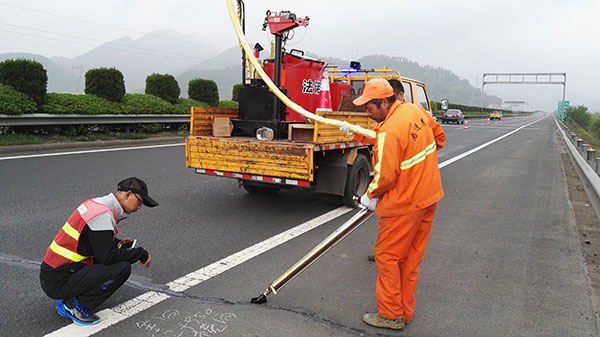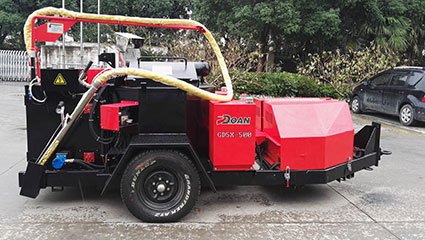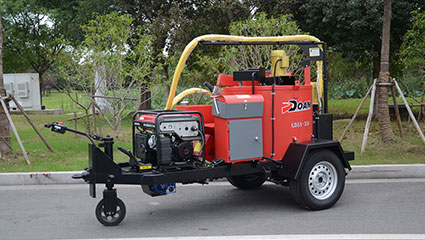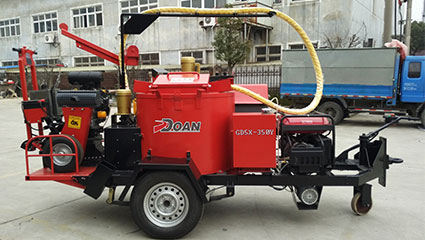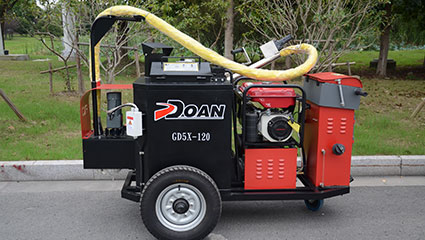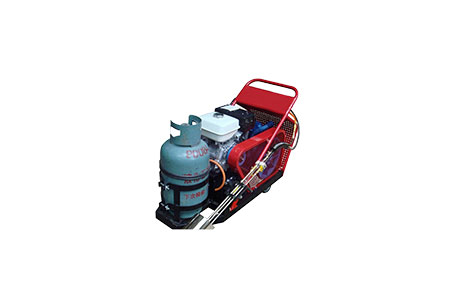There are similarities between asphalt and concrete; for one, both are aggregates made from crushed rock or sand mixed with water and cement, with the cement acting as a binder. But while concrete forms an unyielding surface once it dries, it is prone to cracking if the surface underneath is not smooth.
Asphalt pavement is similar, except its binder is made from bitumen, a derivative of crude oil that is mixed with a heavier aggregate and compacted using static and vibratory rollers. Asphalt has been proven to be a durable parking lot material and can stand up to heavy traffic, making it a popular choice for parking lot contractors.
One of the biggest advantages of asphalt is that it can be easily removed if damaged. And for eco-conscious property owners, asphalt is also 100% recyclable. An asphalt parking lot is also ready to drive on only a short time after application, meaning minimal disruption to your business.
Cracks in asphalt pavement can also be repaired quickly and easily by your asphalt maintenance. Resurfacing asphalt can be done quickly and efficiently, restoring the original smoothness and adding a layer of structure, which means additional durability.
Asphalt is also a popular choice for property owners in cold climates since it will expand as the temperatures drop, yet keep its integrity. However, this is also one of its disadvantages, as it can soften in the heat of the summer.

